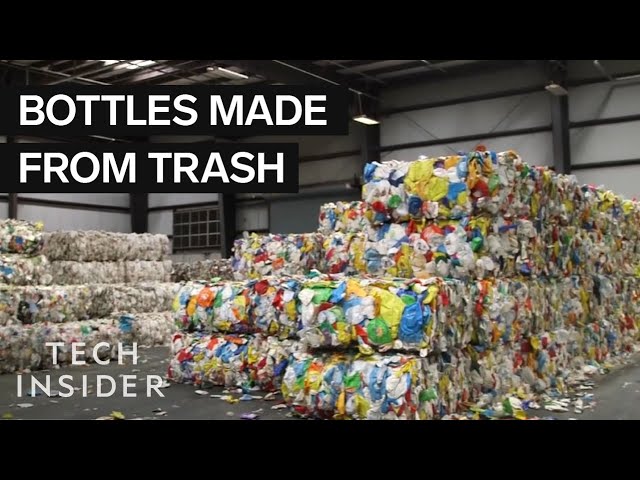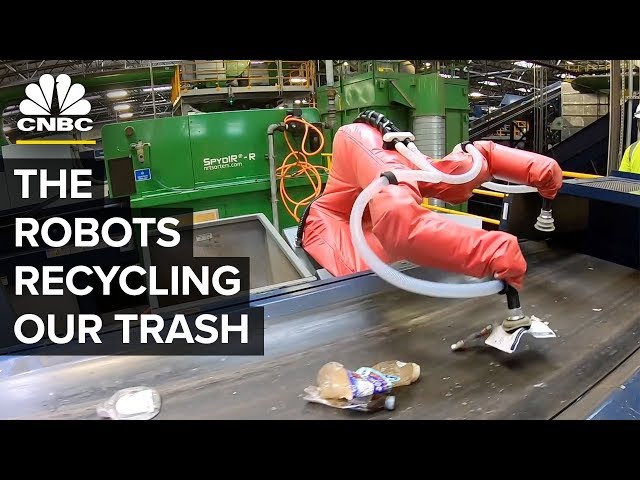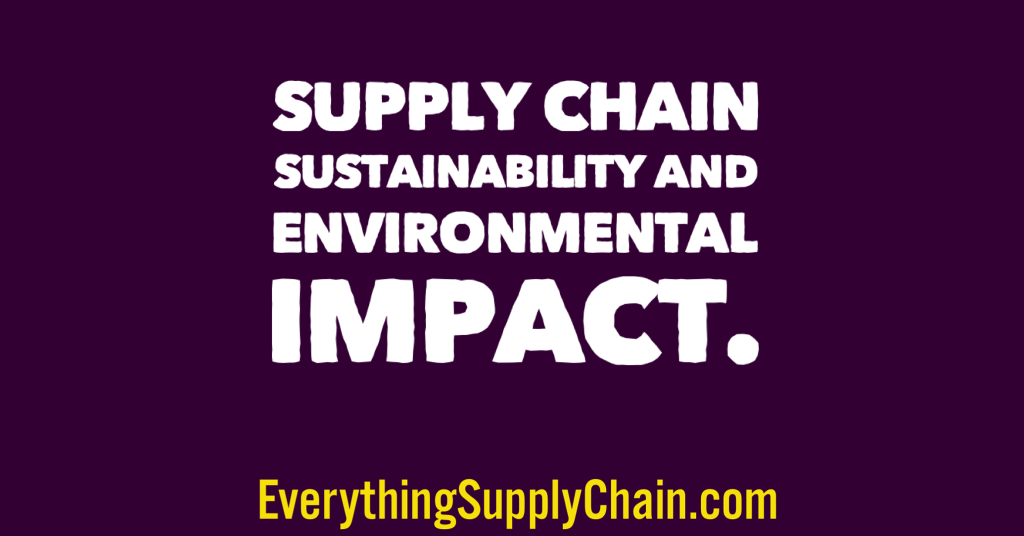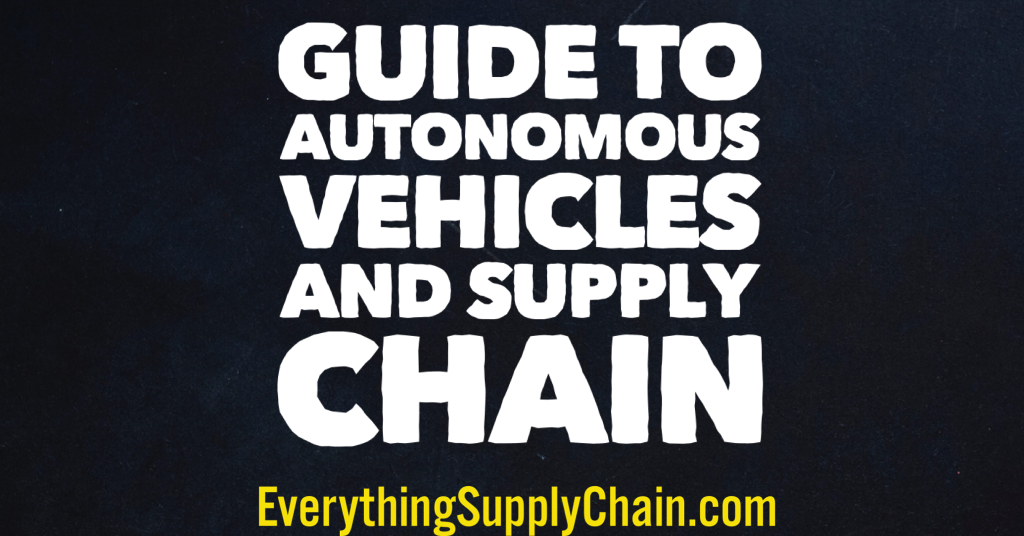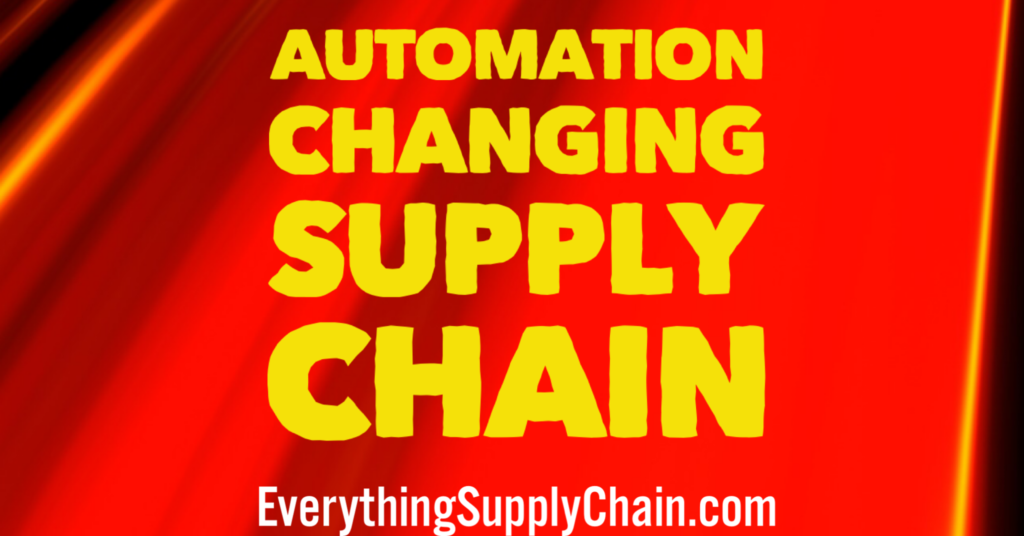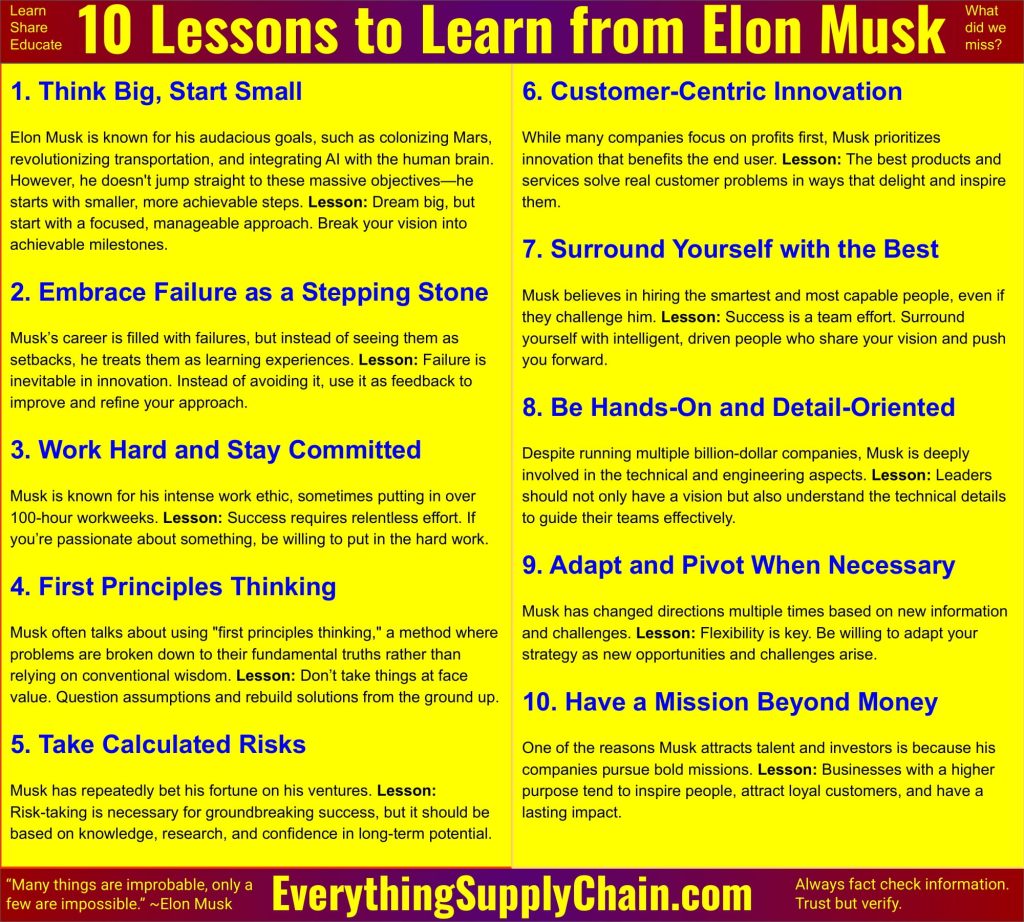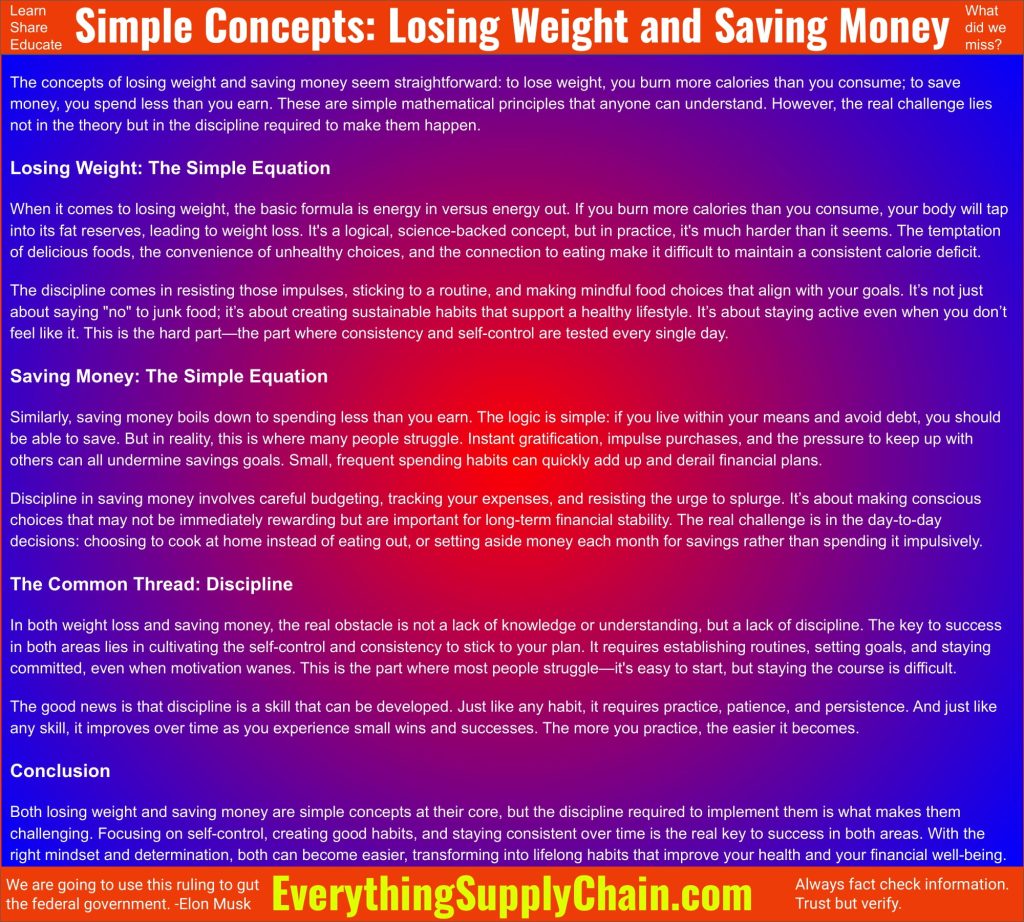What is a Sustainable Supply Chain.
What is a Sustainable Supply Chain.
A sustainable supply chain is one that minimizes its environmental impact, supports social responsibility, and maintains economic viability. It focuses on ethical practices, efficient resource use, and reducing harm across the entire lifecycle of a product, from raw material sourcing to manufacturing, transportation, and disposal.
Key Components of a Sustainable Supply Chain:
- Environmental Responsibility:
- Eco-friendly sourcing: Raw materials are sourced from sustainable, renewable sources, reducing deforestation, overfishing, or mining impacts.
- Energy efficiency: Manufacturing processes minimize energy consumption and use renewable energy sources.
- Waste reduction: Processes are designed to minimize waste through recycling, reusing materials, and creating products with longer lifespans.
- Carbon footprint reduction: Transportation methods are optimized to lower emissions, and local sourcing is prioritized where possible.
- Ethical and Social Responsibility:
- Fair labor practices: Workers are treated fairly, paid livable wages, and work in safe conditions.
- Supplier accountability: Companies choose suppliers that adhere to strict environmental and labor standards.
- Community impact: The supply chain should benefit the communities it interacts with, rather than exploit them.
- Economic Responsibility:
- Cost efficiency: Sustainable practices can lower long-term costs by reducing waste, improving efficiency, and securing reliable, ethical sources of materials.
- Risk management: Companies that build sustainable supply chains are less exposed to regulatory risks, supply shortages, or reputational damage.
Why People Should Care:
- Environmental Preservation: Sustainable supply chains help mitigate climate change, conserve natural resources, and reduce pollution, contributing to a healthier planet.
- Human Rights: Supporting ethical supply chains means advocating for humane labor practices and protecting vulnerable workers in developing countries.
- Consumer Influence: As consumers, people have the power to drive demand for sustainable products, pushing companies to adopt responsible practices.
Importance of Sustainable Supply Chains:
- Climate Change Mitigation: Supply chains are major contributors to carbon emissions, and improving sustainability in logistics and manufacturing can significantly reduce greenhouse gases.
- Corporate Reputation and Consumer Trust: Modern consumers are increasingly concerned about where their products come from. A sustainable supply chain strengthens brand loyalty and trust.
- Regulatory Compliance: Governments are introducing stricter environmental and labor laws, and companies with sustainable practices are better prepared to meet these regulations.
- Long-term Viability: Sustainable supply chains ensure that resources are available for future generations, helping businesses avoid depletion of essential materials.
Sustainable supply chains are critical for the well-being of the planet, fair treatment of workers, and long-term business success.
Sustainability Quotes
- “We do not inherit the Earth from our ancestors; we borrow it from our children.” ~Native American Proverb
- “The future is in our hands. Let’s come together, raise our voices, and demand the sustainable and just world we deserve.” ~Helena Gualinga
- “When sustainability is viewed as being a matter of survival for your business, I believe you can create massive change.” ~Cameron Sinclair
- “Buy less, choose well.” ~Vivienne Westwood
- “The first rule of sustainability is to align with natural forces, or at least not try to defy them.” ~Paul Hawken
- “Recycling, packaging, businesses are changing all of those things because that’s what consumers want.” ~Jerry Greenfield, co-founder Ben and Jerry’s Ice Cream

